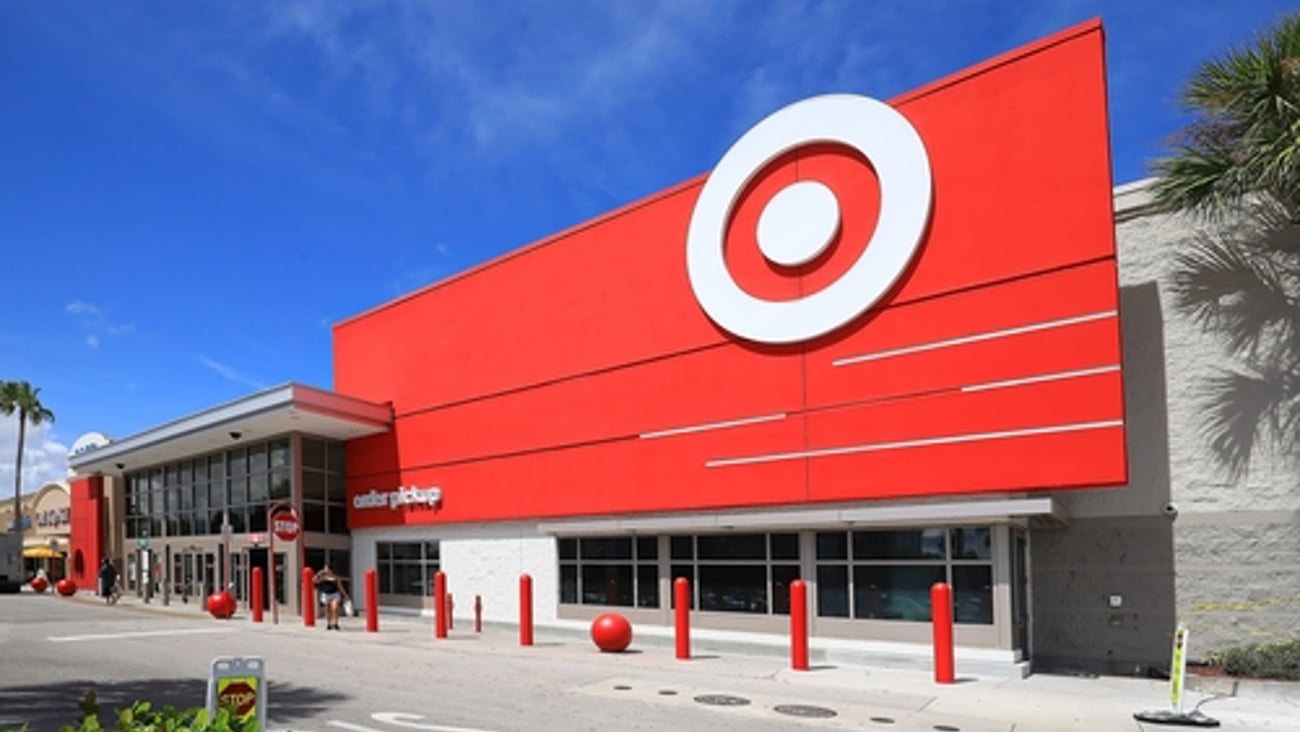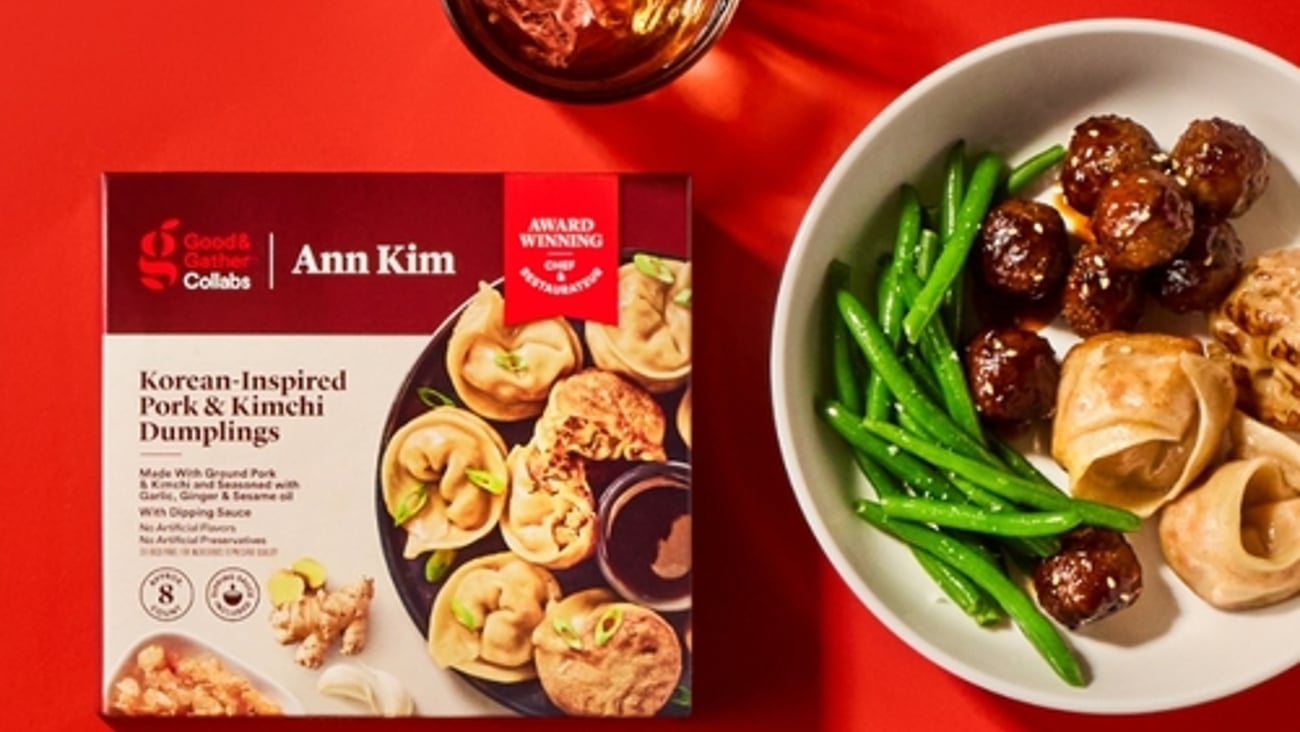High Income Shoppers and Private Label
Retailers and product suppliers over the past couple of years have been impacted by a set of unique conditions that have driven them to rethink nearly every aspect of their businesses.
A new study about private label by market research firm Numerator revealed some interesting insights that should lead retailers to review their current offerings and review who are their target customers.
One statistic that jumped out was the consistent share private label grocery products held across key income levels. While store brands have long been perceived as products purchased most frequently by lower income households, new data from Numerator refutes this. The survey found that private label items account for a similar percentage of total grocery spend across low income (17.1%), middle income (17.9%) and high income (17.2%) consumers.
The figures for low and middle income households come as little surprise (unless you think low income would have been higher), but the fact that high income households are buying private label products at a similar rate to the other two groups is interesting.
This could be indicative of folks in that income bracket grocery shopping at a Wegmans or Trader Joe’s and looking for the cost saving options each grocers’ private label assortment provides. It could also show the positive impact of promotional efforts retailers such as Sam’s Club and ShopRite have made to raise the profile of their respective store brands.
A recent Axios-Harris consumer poll found that Wegmans and Trader Joe’s are among the most trusted retailers in the U.S. with both finishing in the top five. Given that high level of trust it makes sense that shoppers would be willing to give products from each chain’s private label assortment a try.
The positive view many high income consumers have about private brands could prove to be an opportunity for retailers looking to attract more shoppers from this demographic to their stores. To capture their attention, perhaps develop an assortment of gourmet food and beverages or offer unique personal care products such as lotions or shampoos.
Private label affords retailers the opportunity to have greater control over the products they place on their shelves. It also allows them to offer a selection that can not be found at a competitor with pricing that feels like a good value and will entice customers to try something new.
Retailers should also take a page out of the playbooks of warehouse clubs, a retail channel where store brands account for 32.1% of grocery sales, according to Numerator. This figure far exceeds other retail segments including mass, online, and grocery.
Brands such as Costco’s Kirkland, Wellsley Farms and Berkley Jensen at BJ’s and Sam’s Club’s Member’s Mark have long been viewed positively by shoppers and have become strong names for each retailer. And many products sold under these brands were purchased after sampling items in stores.
At a time when consumers are looking for cost-savings solutions, identifying new product opportunities is vital for retailers and private label can provide that answer. Look at who’s buying products through a different lens and be open-minded when developing new items. In the end, you could attract a whole new group of customers







